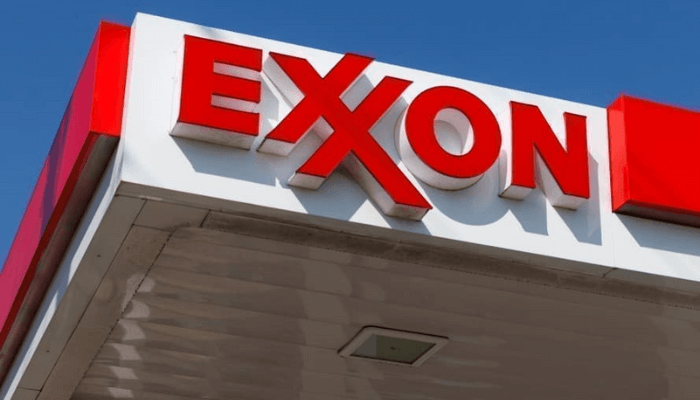Contrary to expectations for a self-defeating flood of new energy production under the second Trump admin, Exxon’s Upstream President Liam Mallon said that oil and gas producers in the US will not raise output significantly in the coming years despite calls from President-Elect Donald Trump to “drill, baby, drill.”
“I think a radical change is unlikely because the vast majority, if not everybody, is primarily focused on the economics of what they’re doing,” Mallon said on Tuesday at a conference in London, according to Bloomberg.
Read also: The curious case of how Netherlands’ agricultural productivity trumps Nigeria’s
Trump is expected to open up federal lands for more oil and gas drilling, in part to execute on Scott Bessent’s “3-3-3 plan” which envisions boosting US oil production by an addition 3 million barrels per day (from the current record 13.3 million), but much of the land in the country’s largest oil and gas producing state, Texas, is private. Still, there’s plentiful federal land in neighboring New Mexico which includes the oil- and gas-rich Permian Basin.
“If those rules were substantially changed, you would be able to drill more, assuming you have the quality and met your economic threshold,” Mallon said. “But I don’t think we’re going to see anybody in the drill, baby, drill mode. I really don’t.”
Exxon’s European rival TotalEnergies is also skeptical of Trump’s vow to open US taps.
“Maybe he has a magic recipe to push them to drill like mad,” TotalEnergies CEO Patrick Pouyanne said at the conference. He cited US producers’ commitment to return cash to shareholders and said “it’s not only decisions by politicians” that drive American output.
The US is pumping more than 13 million barrels of crude a day, exceeding every other nation and up almost 45% in the past decade. With a surplus looming next year, the global oil market is watching to see at what rate American explorers drill new wells. Many of the biggest US operators are taking a long-term approach to production, weighing when to bring certain wells online against their overall inventory. Many have throttled their output to maximize shareholders returns (i.e. higher prices) over total production (higher volumes).
Read also: 2025 budget hangs on production target, Trump’s energy policy
Mallon’s comments mark the second time since the election that the largest US oil company has diverged from Trump’s policies. CEO Darren Woods discouraged the president-elect from withdrawing the US from the Paris climate pact, arguing that it’s better to participate and push for “common sense” carbon-cutting policy.
Mallon reinforced Woods’s recent remarks supporting the US Inflation Reduction Act, which Trump has characterized as Washington’s “green new scam.” Some IRA incentives — including tax credits for capturing carbon, producing hydrogen and making sustainable aviation fuel — are particularly popular with oil companies.
“Our position on the IRA is very good,” Mallon said. “We strongly believe in what it is, what it stands for and the incentives it’s providing.”
